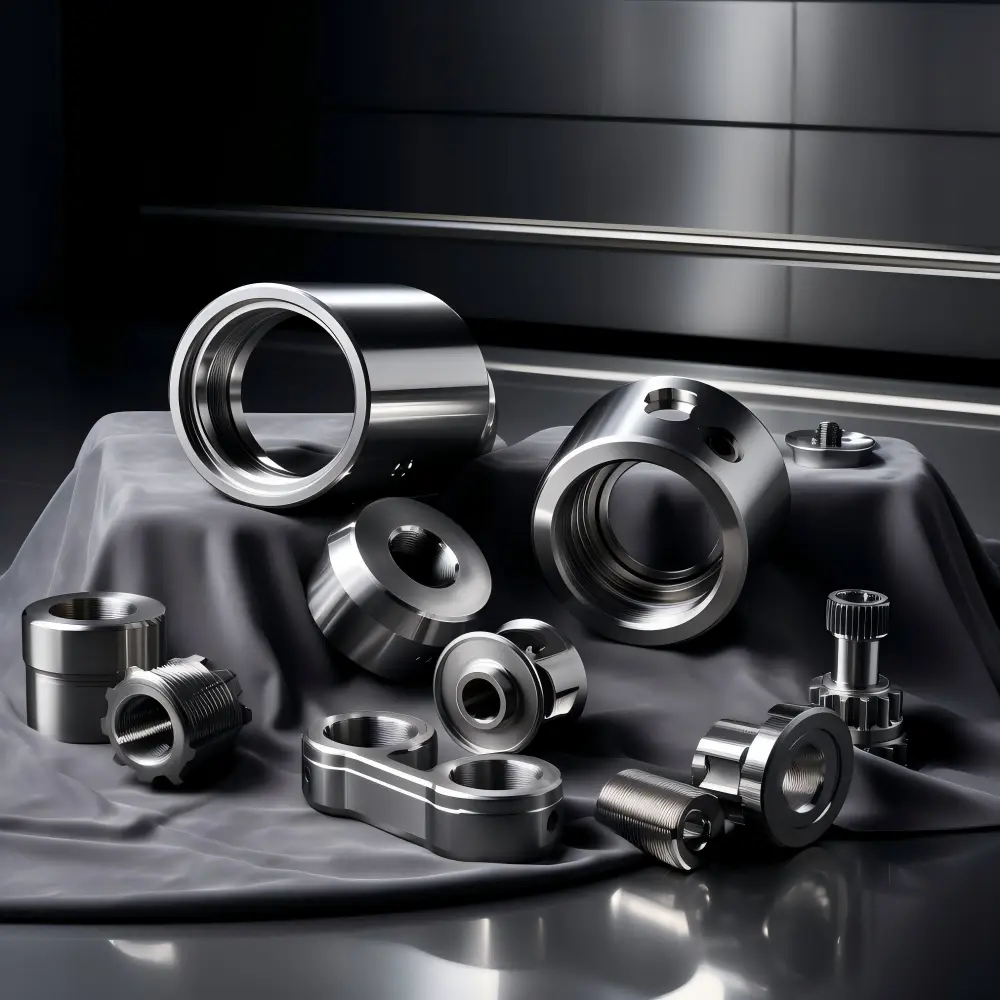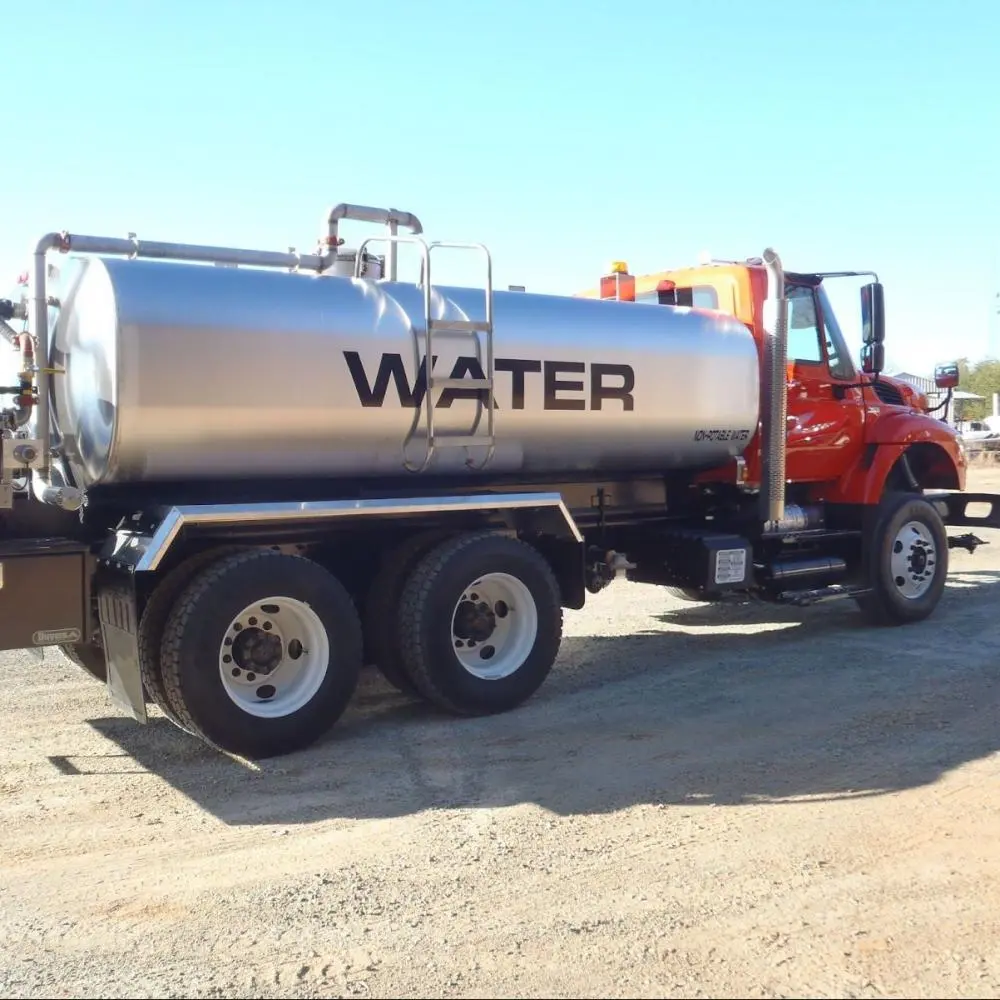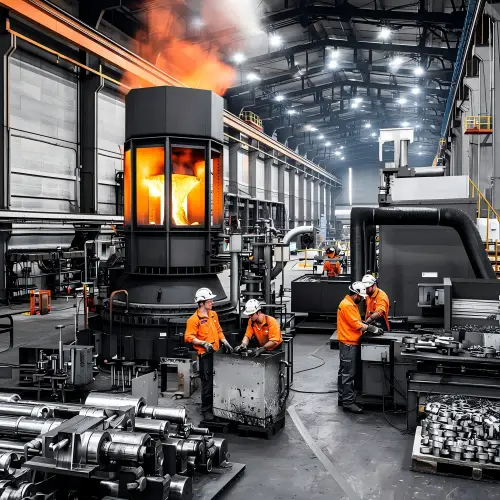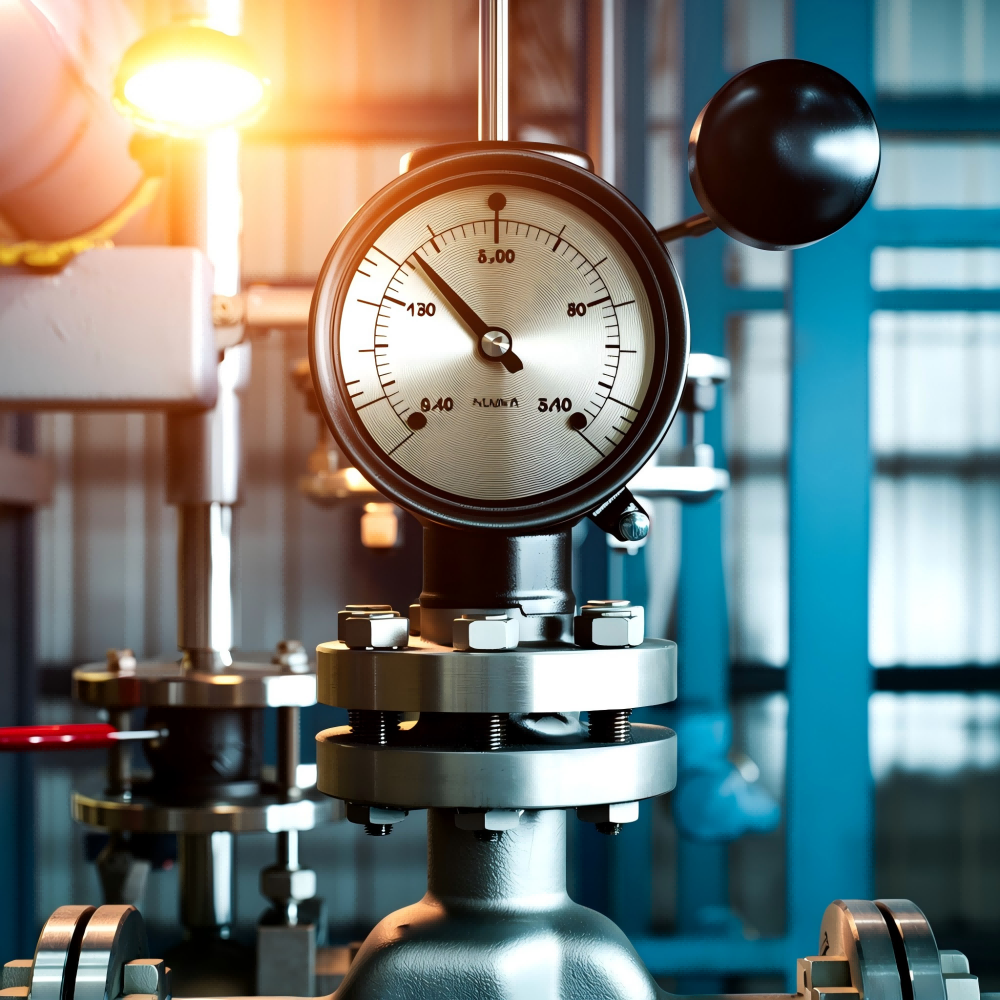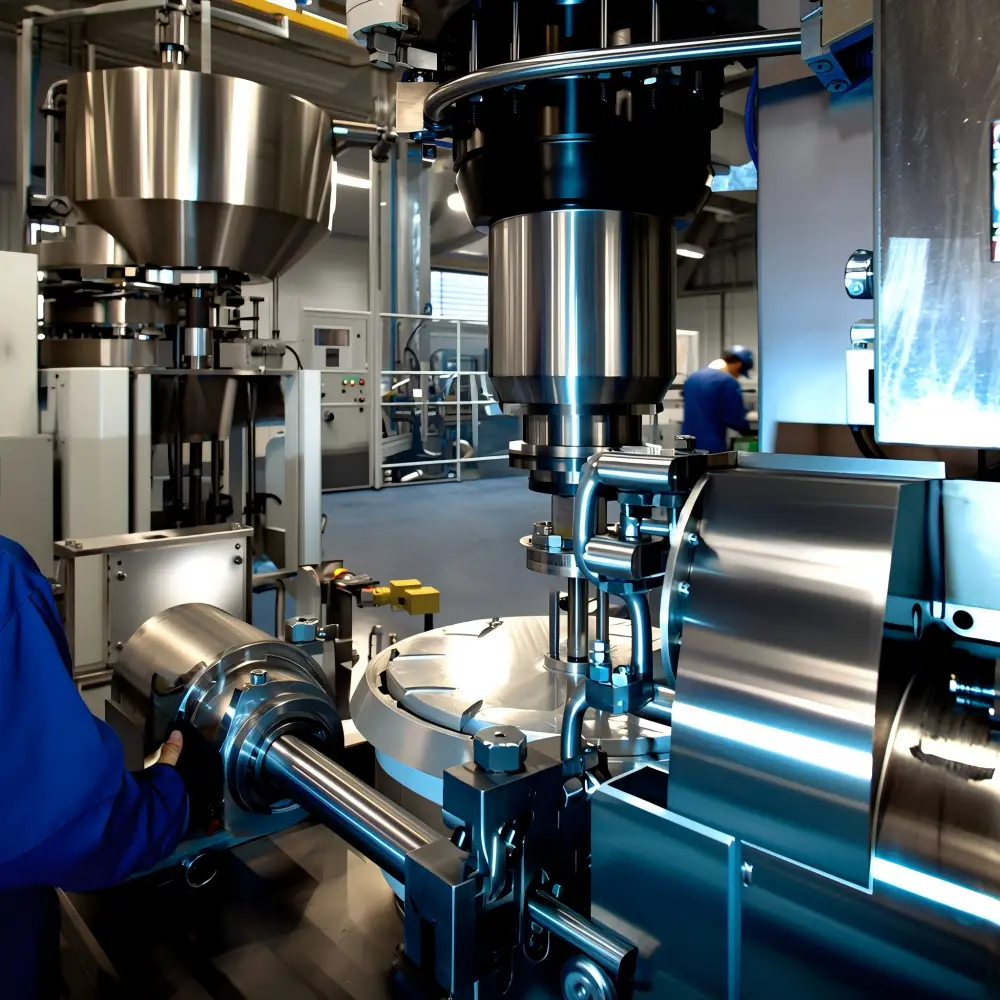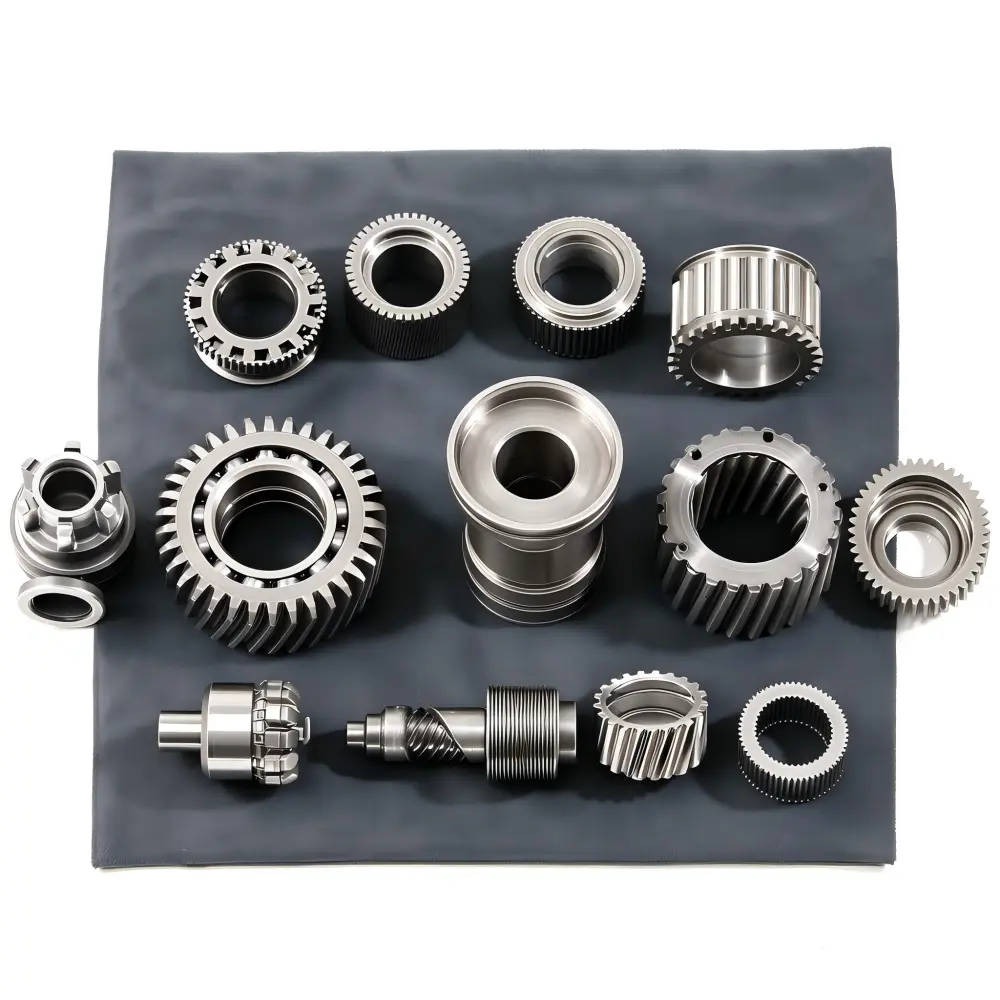How Stainless Steel Castings Boost Food Safety
Stainless steel castings play a crucial role in enhancing food safety. Their nonporous surfaces prevent the absorption of liquids, bacteria, and contaminants, making them ideal for food machinery. The FDA mandates that food-grade stainless steel must contain at least 16% chromium, ensuring its safety for food contact. Regulatory bodies recognize stainless steel as a safe material, widely used in the food industry. Its durability and corrosion resistance contribute to maintaining hygiene standards, offering a sustainable and recyclable option for food processing equipment.
Properties of Stainless Steel Ideal for Food Machinery
Corrosion Resistance
Stainless Steel Castings exhibit remarkable corrosion resistance, a critical property for food machinery. This resistance stems from the presence of chromium, which forms a protective layer on the surface. This layer prevents oxidation and rust, ensuring that the equipment remains free from contaminants. By maintaining a clean and uncontaminated surface, stainless steel castings help prevent the growth of bacteria and other harmful microorganisms. This quality is essential in food processing environments where hygiene is paramount.
Importance in Preventing Contamination
The ability of stainless steel castings to resist corrosion plays a vital role in preventing contamination. In food processing, equipment often comes into contact with various substances, including acids and salts. These substances can corrode other materials, leading to contamination. However, stainless steel's non-reactive nature ensures that it remains unaffected, maintaining the purity of the food products. This property not only safeguards consumer health but also helps manufacturers comply with stringent food safety regulations.
Longevity and Maintenance Benefits
Stainless steel castings offer significant longevity and maintenance benefits. Their corrosion-resistant nature means they require less frequent maintenance compared to other materials. This durability translates into cost savings for manufacturers, as equipment lasts longer and requires fewer repairs. Additionally, the ease of cleaning stainless steel surfaces further reduces maintenance efforts. The smooth, non-porous surfaces of stainless steel castings make them easy to sanitize, ensuring that food machinery remains hygienic and efficient over time.
Durability and Strength
Stainless steel castings are renowned for their exceptional durability and strength. These properties make them ideal for use in food machinery, where equipment must withstand demanding conditions. The robust nature of stainless steel ensures that it can endure physical impacts and harsh processing environments without compromising its integrity.
Withstanding Harsh Processing Environments
Food processing environments often involve extreme temperatures, high pressures, and exposure to chemicals. Stainless steel castings excel in these conditions due to their high tensile strength and resistance to thermal expansion. This resilience allows them to maintain their structural integrity, even when subjected to rigorous processes. As a result, stainless steel castings provide reliable performance, ensuring that food machinery operates smoothly and efficiently.
Reducing the Need for Frequent Replacements
The strength and durability of stainless steel castings significantly reduce the need for frequent replacements. Unlike other materials that may degrade or wear out quickly, stainless steel maintains its properties over time. This longevity not only minimizes downtime but also reduces operational costs for manufacturers. By investing in stainless steel castings, companies can ensure that their food machinery remains functional and reliable, ultimately enhancing productivity and profitability.
Benefits of Stainless Steel Castings in Food Machinery
Hygiene and Ease of Cleaning
Stainless steel castings offer significant advantages in maintaining hygiene in food machinery. Their smooth surfaces resist bacterial growth, ensuring a sanitary environment. The non-porous nature of stainless steel prevents the accumulation of food particles and bacteria, which can lead to contamination. This quality makes stainless steel an ideal choice for food processing equipment, where cleanliness is paramount.
Smooth Surfaces That Resist Bacterial Growth
The smooth surfaces of stainless steel castings play a crucial role in resisting bacterial growth. Unlike other materials that may have microscopic crevices, stainless steel provides a seamless finish. This characteristic minimizes the risk of bacteria harboring in the equipment, thereby enhancing food safety. By choosing stainless steel, manufacturers can ensure that their machinery remains free from harmful microorganisms.
Simplified Cleaning Processes
Stainless steel castings simplify cleaning processes in food machinery. The ease of cleaning stems from the material's resistance to stains and corrosion. Food processing environments often require frequent cleaning to maintain hygiene standards. Stainless steel's ability to withstand harsh cleaning agents without degrading ensures that equipment remains in optimal condition. This durability reduces downtime and maintenance costs, making stainless steel a cost-effective solution for food machinery.
Compliance with Food Safety Standards
Stainless steel castings help manufacturers comply with stringent food safety standards. Regulatory bodies, such as the FDA and ANSI, recognize stainless steel as a safe material for food contact surfaces. These organizations set specific requirements for food-grade stainless steel, including a minimum chromium content to ensure corrosion resistance and safety.
Meeting Regulatory Requirements
Manufacturers must meet regulatory requirements to ensure the safety and quality of their food processing equipment. Stainless steel castings fulfill these requirements by providing a corrosion-resistant and durable material. The ANSI/NSF Food Equipment Materials Standards outline the necessary criteria for materials used in food equipment. By adhering to these standards, manufacturers can guarantee that their products meet industry regulations and maintain high safety levels.
Enhancing Consumer Trust
Using stainless steel castings in food machinery enhances consumer trust. Customers expect food products to be prepared and processed in a safe and hygienic environment. Stainless steel's reputation for safety and reliability reassures consumers that manufacturers prioritize their health and well-being. By investing in stainless steel castings, companies can build a positive brand image and foster consumer confidence in their products.
Case Studies and Examples
Successful Applications in the Industry
Meat Slicers and Poultry Processing Equipment
Stainless steel castings have revolutionized the meat and poultry processing industry. Manufacturers utilize stainless steel for its corrosion resistance and durability. These properties ensure that equipment like meat slicers and poultry processors remain free from rust and contamination. The non-reactive nature of stainless steel prevents chemical reactions with food products, maintaining their purity and quality. This reliability has made stainless steel the material of choice for many companies in the food industry.
Ice Machines and Dairy Processing Components
In the dairy and ice production sectors, stainless steel castings play a pivotal role. Ice machines and dairy processing components require materials that can withstand constant exposure to moisture and varying temperatures. Stainless steel's resistance to corrosion and ability to maintain structural integrity under such conditions make it ideal for these applications. The ease of cleaning stainless steel surfaces further enhances its suitability, ensuring that hygiene standards are consistently met.
Lessons Learned from Implementations
Cost Savings and Efficiency Improvements
The adoption of stainless steel castings in food machinery has led to significant cost savings and efficiency improvements. Companies have reported reduced maintenance costs due to the material's durability and resistance to wear. The longevity of stainless steel equipment minimizes the need for frequent replacements, leading to lower operational expenses. Additionally, the ease of cleaning and maintenance contributes to increased productivity, as machinery downtime is significantly reduced.
Positive Impact on Food Safety and Consumer Confidence
Implementing stainless steel castings in food processing equipment has positively impacted food safety and consumer confidence. The material's non-porous surface prevents bacterial growth, ensuring a hygienic environment for food production. This quality aligns with stringent food safety regulations, helping manufacturers maintain compliance. Consumers trust products processed with stainless steel equipment, knowing that their health and safety are prioritized. This trust translates into brand loyalty and a competitive edge in the market.
Stainless steel castings play a pivotal role in maintaining high food safety standards within the food machinery industry. Their unique properties, such as corrosion resistance, durability, and ease of cleaning, make them the preferred choice over other materials. These attributes ensure that equipment remains hygienic and efficient, ultimately safeguarding consumer health. The nonporous surface of stainless steel minimizes bacterial growth, enhancing its suitability for food processing applications. Manufacturers should consider adopting stainless steel castings to benefit from their long-lasting performance and compliance with stringent food safety regulations.
See Also
Exploring The Advantages Of Precision Casting Techniques
Future Trends In Advanced Precision Casting Technologies
The Advantages And Disadvantages Of Silicone Sol Castings
The Benefits Of Utilizing Silicone Sol Precision Casting
A Comprehensive Guide To Precision Casting And Its Advantages






